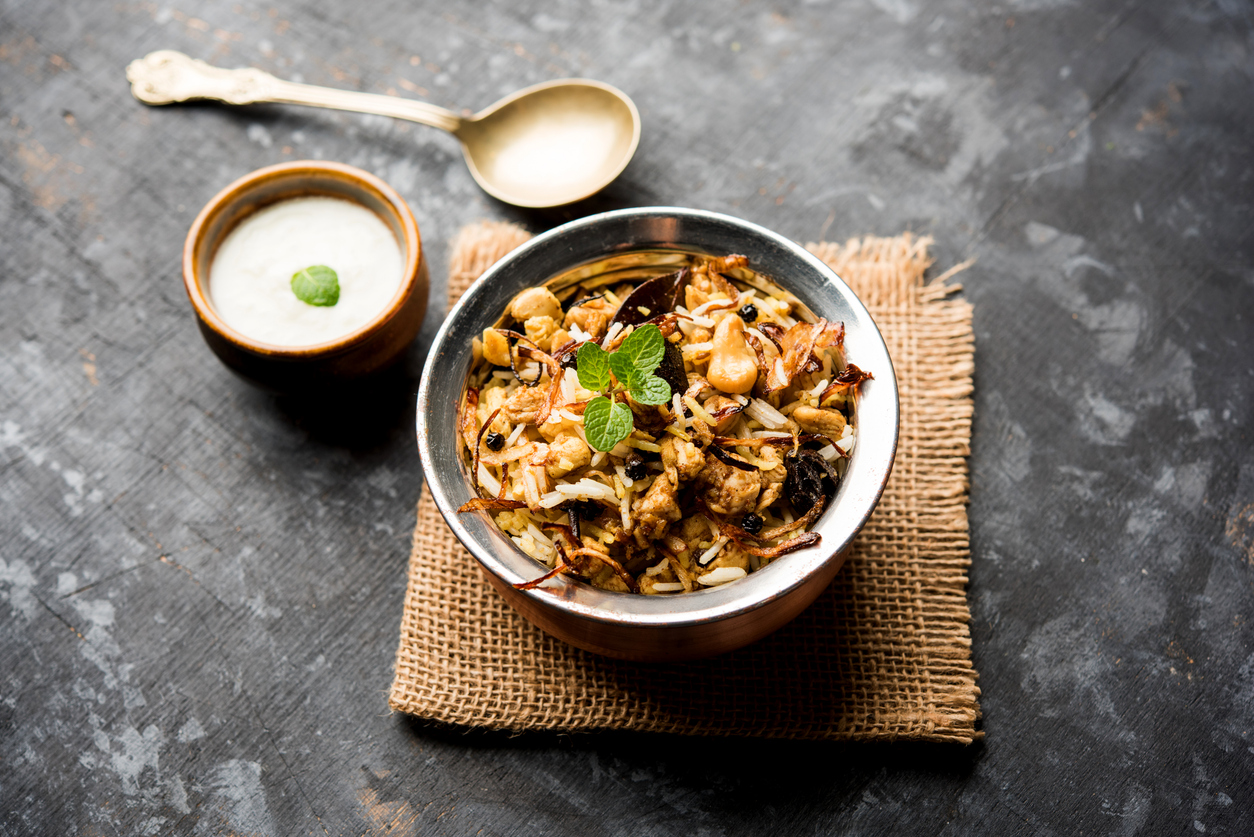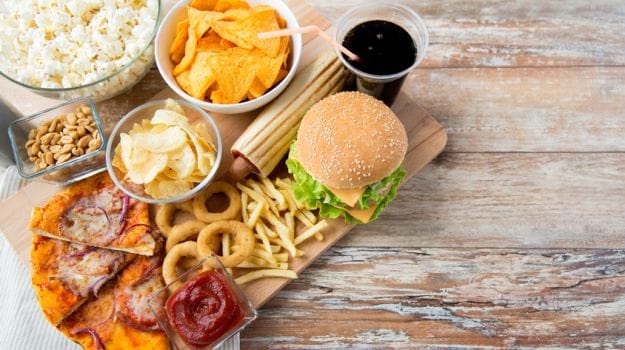High-fat food is generally not considered healthy; in fact, its excessive consumption can lead to a number of health problems. It's a universally accepted notion but not many know that the effects of high-fat food intake can vary from person to person, says a new study. The findings of the study that were published in the 'Journal of Nutritional Biochemistry', suggest that people have individualised responses to digesting high-fat food. This kind of response is called inflammatory response. Inflammation refers to the cluster of responses produced by the body that guide the reaction of white blood cells. It is a standard reaction generated after eating a meal, especially with high fat content. Inflammation can lead to a number of health disorders like diabetes, asthma, peptic ulcers and rheumatoid arthritis.
For the research, a highly sensitive test was carried out to ascertain whether any genes in the human genome were turned off or on as a result of the reaction. A total of 20 people were roped and their reactions were studied up to 6 hours after eating a meal that was equivalent to having a small hamburger, small fries, and a small ice cream shake with fruit.
Molecular biologist Danielle G Lemay at the ARS Western Human Nutrition Research Center, California, stated, "We looked at the inflammatory reactions of 20 volunteers at 0, 3 and 6 hours after eating a standardised meal containing 38 per cent fat and their responses were completely unique. Like snowflakes, no two were exactly the same."
(Also Read: Diet Rich In Fatty Food May Affect Not Just Your Appearance, But Your Brain As Well)

This findings of the study can help people plan their diet
Each participant demonstrated both a unique amount of inflammatory response and a unique amount of time when the responses rose to the highest level. Lemay pointed out, "We need to understand what the variability is between people before we can consider starting to set different requirements in diets."
(Also Read: Fat-Rich Diet During Pregnancy Linked With Better Brain Function In Offspring)
According to the scientists, this discovery can help nutritionists and people review their personal nutrition and reboot their health. "Eating a meal with this amount of fat is OK one or two days a week even considering the effect on inflammation. But in a lifetime of meal choices, eating like this every day could do some damage to a person's body," added Lemay.







